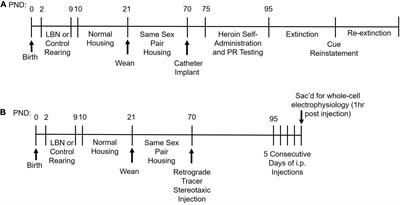ORIGINAL RESEARCH
Published on 26 May 2022
Acute and Protracted Prenatal Stress Produce Mood Disorder-Like and Ethanol Drinking Behaviors in Male and Female Adult Offspring
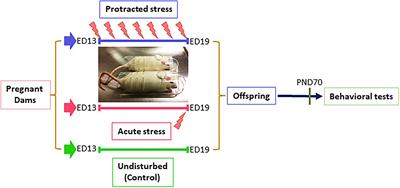
doi 10.3389/fnbeh.2022.862390
- 1,316 views
- 2 citations
5,888
Total downloads
20k
Total views and downloads
ORIGINAL RESEARCH
Published on 26 May 2022

ORIGINAL RESEARCH
Published on 12 May 2022
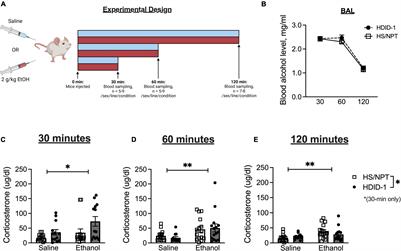
ORIGINAL RESEARCH
Published on 11 May 2022
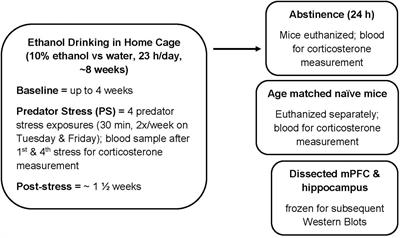
REVIEW
Published on 30 Mar 2022
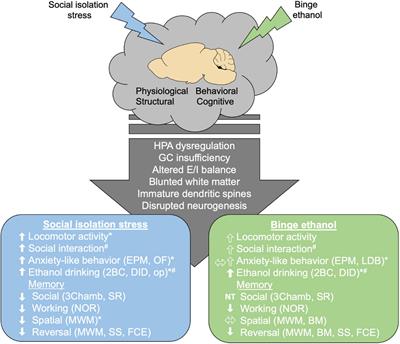
ORIGINAL RESEARCH
Published on 11 Feb 2022

ORIGINAL RESEARCH
Published on 10 Feb 2022
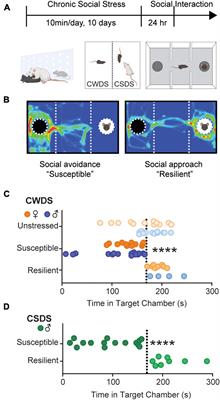
ORIGINAL RESEARCH
Published on 07 Dec 2021
